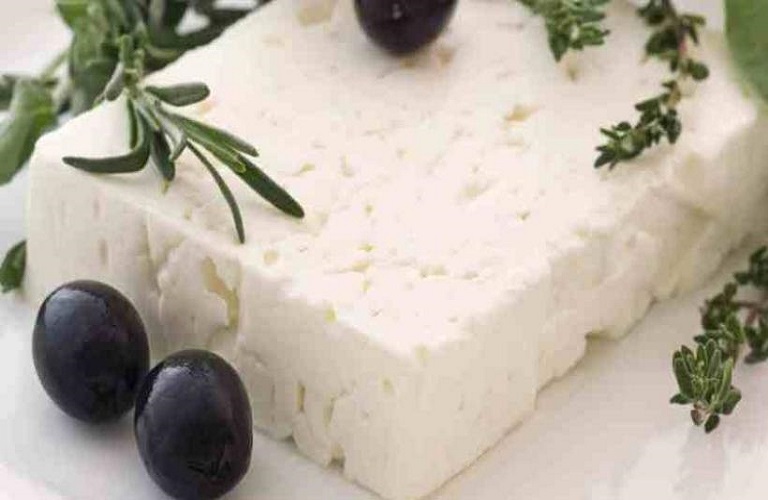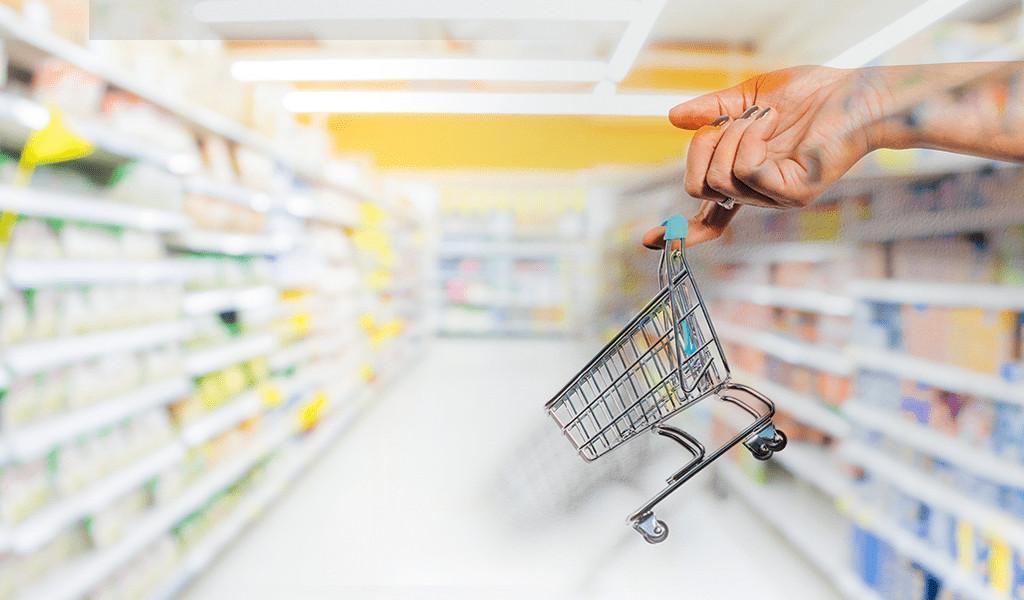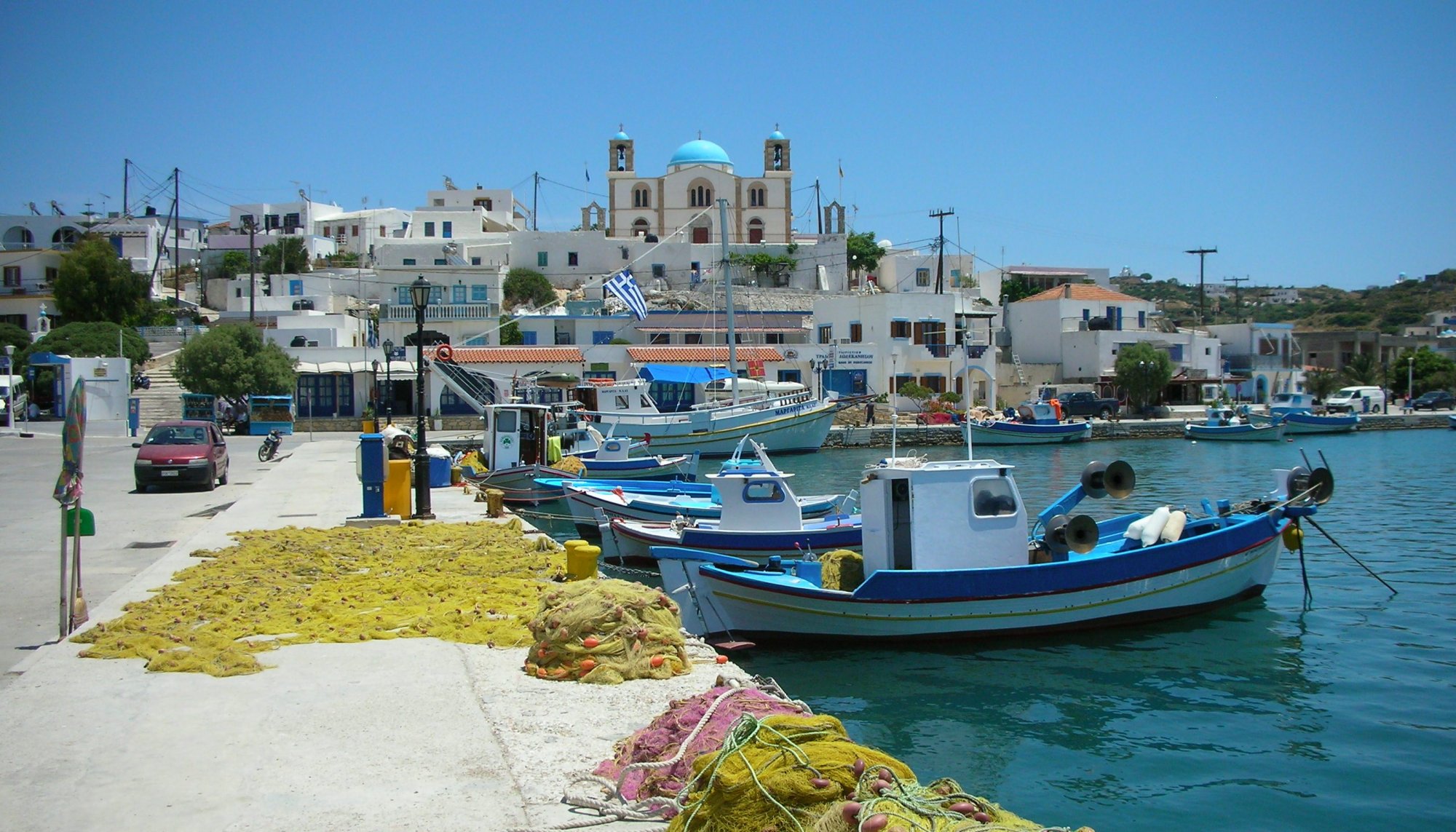The trade balance of Greek-Dutch dairy products is particularly negative for Greece, however the Netherlands is a very important customer for Greek feta exports, while re-exports of feta from the Netherlands are about five times higher than its imports.
This is noted in a survey of the Office of Economic and Commercial Affairs of the Greek embassy in The Hague entitled “The dairy market in the Netherlands.”
As it appears from the report, the trade balance of Greek-Dutch dairy products is particularly negative for Greece, in contrast to what happens e.g. with our trade balance of dairy products with Germany: the latter is negative for our country but with a small deviation, as the exports and imports of cheese products between Germany and Greece are rather balanced.
For the Netherlands, however, the most important imported Greek dairy products are feta and yogurt. It is noted that the Netherlands is a very important customer for Greek feta exports, while re-exports of feta from the Netherlands are about five times higher than its imports. Re-exports of Dutch feta are directed almost entirely to Germany.
Other types of cheese imported from Greece to the Netherlands, apart from feta, are kefalotyri, gouda, kefalograviera and kasseri.
According to the “TradeMap” database, the Netherlands was the 10th most important country for cheese exports from Greece in 2020.
Dutch cheese imports from Greece amounted to 12 million euros in 2020, which means an increase of 27.5% compared to 2019. The TradeMap database shows that the Greek share of Dutch cheese and curd imports (p. p. curd) was about 0.98% in 2020.
About 75% -80% of cheese imports from Greece are feta. Specifically, in 2020, 2,121.9 tons of cheese were imported from Greece, of which 1,586.8 tons were feta. The Netherlands also imports large quantities of feta from neighboring countries such as Germany, Belgium and Denmark.
A rather remarkable conclusion, as it is underlined, is that feta imported from other countries to the Netherlands is cheaper than feta imported directly from Greece. This could explain the decrease in the share of feta imported directly from Greece in recent years. Due to possible economies of scale, feta is also imported in large quantities via Germany.
In terms of Greek imports from the Netherlands, the Netherlands is the second largest supplier of dairy products to Greece.
The most important cheeses we import from this country include Gouda and Edam.
Perspectives
Despite the wide availability of Greek feta in the Netherlands, Greek cheeses still have a lot of ground to win.
Given the image of Greek feta as a healthy product combined with the trend towards a healthier diet in the Netherlands, the demand for feta will be able to increase further in the coming years.
In addition, according to the Dutch Statistical Office, the Netherlands is making more and more imports from Greece. In fact, in the “food” category, the value of imports from Greece is almost double compared to fifteen years ago. In 2020, Greek products in the food sector recorded a record of exports to the Netherlands reaching almost 160 million, of which dairy products were worth 17 million euros. More specifically, dairy imports from Greece increased by 183% from 2012 to 2020.
In supermarkets, the feta brands “Dodoni” and “Salakis” are well established, leaving little room for other feta brands at this stage. In general, the other varieties of Greek cheeses are not available in Dutch supermarkets, thus leaving room for new entrants to the market.
A major problem in general for Greek producers / exporters is their difficulty in meeting the large size of the highly competitive Dutch market. It is therefore necessary for Greek producers / exporters of dairy products to keep in mind that the Dutch supermarkets in particular require large quantities of a product and consistency in delivery times. Due to the above, it is important for Greek producers / entrepreneurs in the industry to create an appropriate strategy for entering the country.
Due to the high quality of Greek dairy products and, at the same time, the degree to which they are affordable due to price, Greek products can play a more important role in the market for “delicatessen” and “premium products” (eg specialty cheese shops). Also, organic cheeses will be able to find space in organic stores (eg Ekoplaza and Odin). Organic store customers are generally more willing to pay for the quality of a product. It is noted, however, that, at present, the market share of organic products in the Netherlands has not reached the level of the share of neighboring countries such as Germany.





![Ψηφιακά στοιχεία διακίνησης αποθεμάτων [18ο Μέρος]](https://www.ot.gr/wp-content/uploads/2025/12/taxes-scaled-1-1024x732-1-300x300.jpg)




















![Ψηφιακά στοιχεία διακίνησης αποθεμάτων [18ο Μέρος]](https://www.ot.gr/wp-content/uploads/2025/12/taxes-scaled-1-1024x732-1.jpg)












